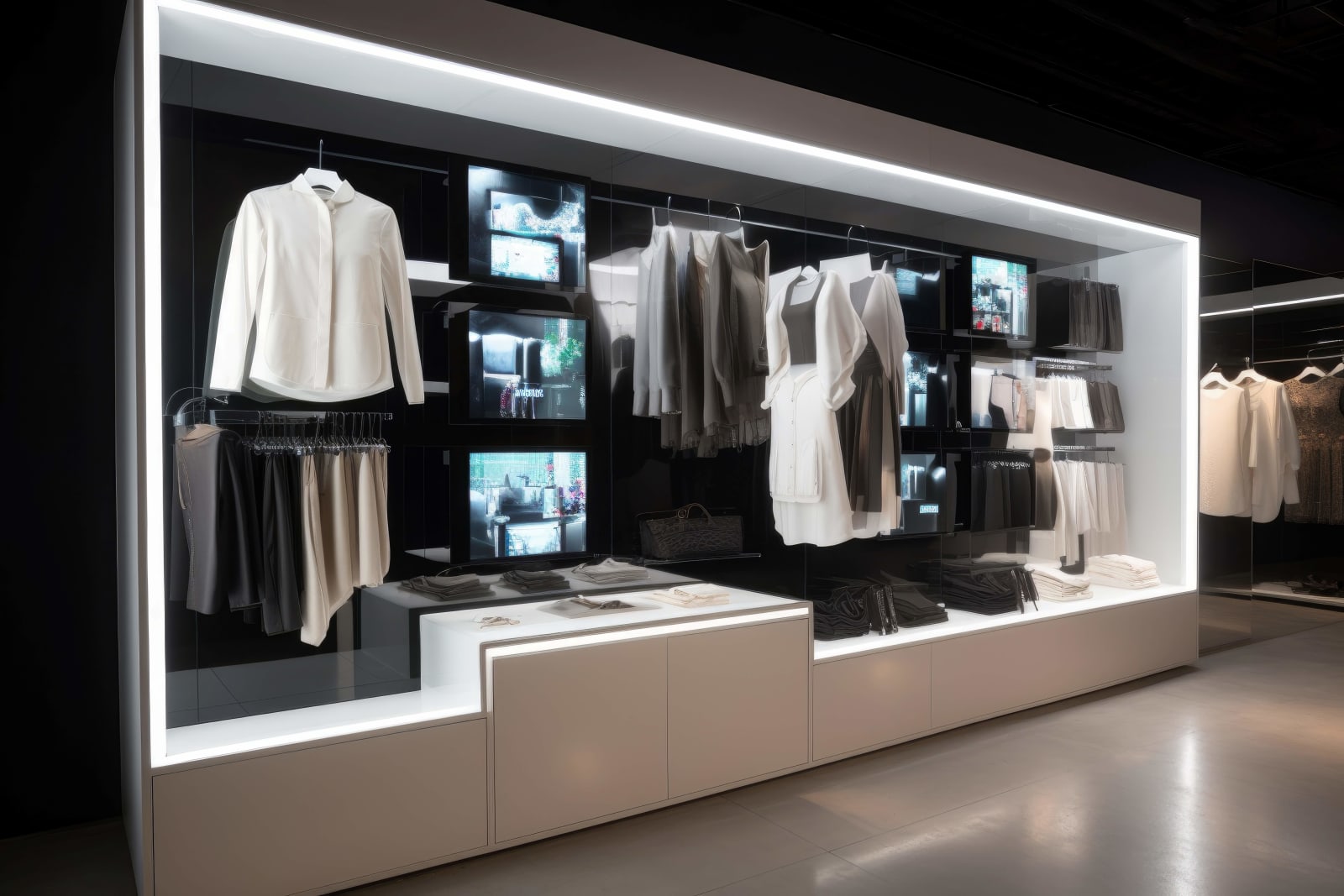
As sourced by Google Cloud, 52% of shoppers abandon their online trolley and go to another site if there is just one item they can’t find
On track to continue the push toward digitalization, airports worldwide are ramping up their investment in technology to digitalize operations and streamline the travel journey. As shared by Airports Council International (ACI) in April, 93% of airports expect their IT spend to stay the same or increase in 2023 compared to 2022. As a point of reference, ACI revealed last year’s airport IT spending rose to an estimated US$6.8 billion. Biometrics, self-service technologies and business intelligence solutions top the list of current and future initiatives.
With the rise in conversational AI, a type of artificial intelligence (AI) that enables computers to stimulate human language, and ChatGPT fueling the aviation and travel industry, travel retail is taking notice. Updated last quarter, software development company Master of Code published a list of “The Most Successful Airport Chatbots” in 2022. According to the company, which specializes in building enterprise-grade chat and voice solutions, Melbourne International Airport deserves the top spot.
The second-largest airport in Australia, in addition to its self-service check-in kiosks and digital signage, Melbourne Airport has introduced an AI-powered chatbot for call center automation. Providing digital assistance via the airport’s website and Facebook Messenger, the tool offers real-time flight updates, FAQ page automation and information regarding the search for food, beverage and shop options. Plus, with the support of API chatbot integration, updates can be sent to the passenger’s messenger service.
Brussels Airport also made the cut thanks to its Virtual Airport Assistant BRUce, which is available via the airport’s website, Facebook Messenger and WhatsApp. Along with providing flight information and responding to common airport FAQs, passengers can use BRUce to book parking and order a lounge pass.
Switching gears from airports to airlines, Etihad Airways recently signed an agreement with technology firm Astra Tech that will enable customers to book flights using AI via the chat app BOTIM and offer new payment options to simplify the booking process. In a 2023 press release, Etihad Airways CEO Antonoaldo Neves says the airline is committed to staying at the forefront of the constantly evolving digital landscape by adopting innovative solutions such as GPT-enabled flight bookings to deliver the best possible experience for its guests.

The Future Laboratory has released its new Retail Futures report called EQ-Commerce, which dives into tech-based topics including metaphygital retail, the influencer market and live-stream commerce Image Credit: EQ-Commerce, AI artwork by Samuel Davies for The Future Laboratory
EQ-Commerce and the future of personalization
Diving into tech-based topics including metaphygital retail, the influencer market and live-stream commerce, The Future Laboratory has released its new Retail Futures report called EQ-Commerce. As described by the leading futures consultancy, EQ-Commerce is a framework for building highly personalized relationships with customers and is based on four pillars: intuition, intimacy, individualization and interconnection. The Future Laboratory blends trend forecasting, consumer insight and brand innovation to “inspire and future-proof organizations.”
According to the report, the overall global chatbot market is set to expand at a CAGR (compound annual growth rate) of 25.7% to 2030. “AI chatbots are becoming more intelligent, more conversational and able to handle contextual conversations, which in turn will transform how people shop – from customer service to product discovery and purchasing,” it reads.
Speaking about how consumers could use chatbots to improve customization, Matt Ramerman, President at Sinch for Marketing says, “No longer do brands need to make educational guesses about what a customer might want.” The report explains that in the coming years retailers will move beyond modern personalization, which is based on consumers’ past shopping behavior and current engagement, to using sentiment analysis to offer products that are best suited to one’s personality.
Experimenting with the connection between artificial intelligence and the beauty category, Perfect Corp.’s AI Personality Finder measures users’ levels of extroversion, agreeableness, openness, conscientiousness and neuroticism by categorizing their facial features. The AI & AR-powered beauty and fashion tech-solutions provider has partnered with Dufry to enhance the shopping experience in duty free and travel retail. In the works, consumers will be able to virtually try-on makeup products from up to 15 brands via the retailer’s Reserve & Collect services and at airport locations worldwide.
While it’s easy to get caught up in the advancements – or even the basics – of AI and the need to digitize, brands and retailers should keep in mind the importance of combining technological innovations with human touch to support communication and engagement. Demonstrating how vital it is to create a more intuitive search experience via visual AI algorithms, the report says (as sourced by Google Cloud) 52% of shoppers abandon their online trolley and go to another site if there is just one item they can’t find. Looking ahead, more companies will start to implement customer segmentation to showcase different products in search.

Beyond augmented retail and metaverse exploration, retailers are working to make the e-commerce relationship more personal through the rise of virtual flagship stores
Virtual flagship stores
Beyond augmented retail and metaverse exploration, retailers are working to make the e-commerce relationship less transactional and more personal through the rise of virtual flagship stores. It is believed that virtual flagships could develop into more permanent immersive spaces that allow “for a feedback loop between physical stores and e-commerce.” Long-term thinking: retailers could create a seamless, personalized shopping journey that begins virtually and ends in-store or vice-versa.
One of many names cited in The Future Laboratory’s report is Emperia, a company that has developed a platform which powers the creation of immersive virtual experiences for brands across multiple retail sectors. According to the company’s site, its platform marries the reach and accessibility of e-commerce with the impact of the physical customer service shopping experience. Emperia offers brands the tools to build virtual flagship stores that display real-world inventory; these “virtual showrooms” can be accessed via mobile phone.
Olga Dogadkina, Co-Founder of the company, says, “The earlier marketing hype, which was based on a campaign-dependent, short-lived virtual space, has now become a permanent, long-term e-commerce solution, which is treated as a flagship virtual store.” As referenced in the report, in collaboration with Emperia, Lacoste created a virtual shop, featuring five seasonal products, with a token-gated room for VIP customers in the brand’s Web3 community.
“Building an eco-system of EQ-Commerce means not only investing in technology, but also having an understanding of what that technology can deliver and how that can align with customers’ expectations,” reads the release. Key to the current retail landscape and the relationship between retailers and consumers is a change in perspective: to stay relevant retailers need to look at new technologies such as virtual stores not as one-off marketing promotions, but as opportunities to build long-lasting, loyal relationships.




